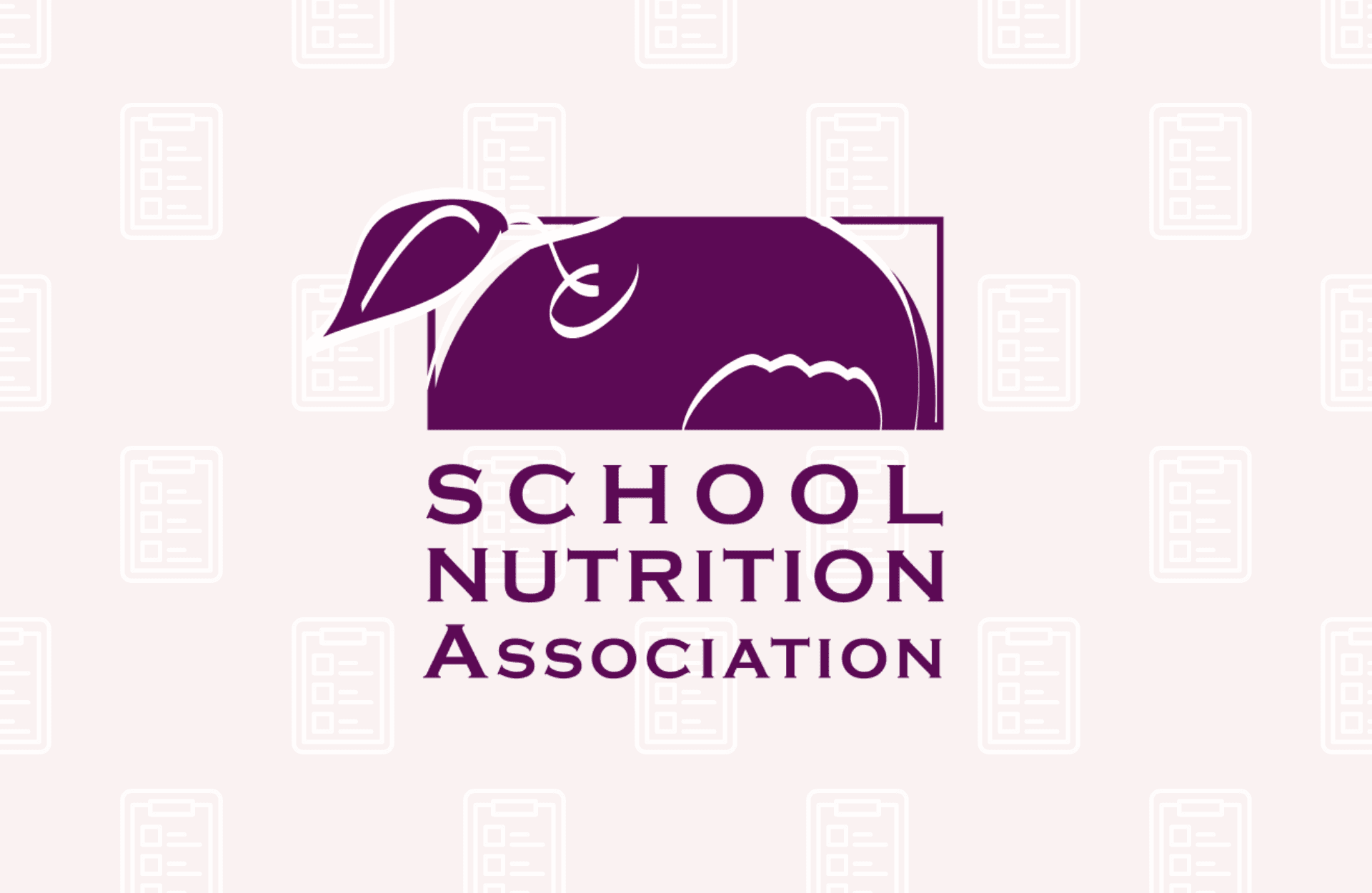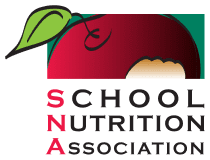FOR IMMEDIATE RELEASE:
Contact: Diane Pratt-Heavner
301-686-3124
media@schoolnutrition.org
Block Grants Would Slash Millions from School Meal Budgets and Compromise Meal Service for Students
2016-06-15
WASHINGTON, D.C. – This morning, school nutrition advocates and Members of Congress warned that block grants would slash school meal program budgets and impede their ability to serve students in need. The group called on Congress to defeat H.R. 5003, The Improving Child Nutrition and Education Act of 2016, and any proposal to block grant school meal programs, which millions of children depend on as a primary source of nutrition.
Today’s event, hosted by the School Nutrition Association (SNA), Center on Budget and Policy Priorities (CBPP) and Food Research & Action Center (FRAC), spotlighted examples from across the country of the financial consequences of the proposed block grant pilot. At a minimum, pilot states would lose all paid-meal reimbursements and the 6-cents per lunch reimbursement collected by meal programs certified as meeting federal nutrition standards. For example, elimination of these two funding streams would result in the following estimated annual losses:
- California would lose approximately $78 million in federal reimbursements in the first year.
- Texas – $72 million
- Georgia – $30 million
- North Carolina – $24 million
- Indiana – $24 million
- Missouri – $16 million
- Virginia – $16 million
- Wisconsin – $15 million
- Oregon – $8 million
*Based on State Agency provided data. Click here for a graphic.
Rising food and labor costs have already squeezed school meal program budgets. A 2015 SNA survey revealed that nearly eight in every ten school districts that responded have already taken steps to offset financial losses in their meal programs. Respondents cited staff reductions, cutting into financial reserves, cancelling equipment investments and limiting menu choices.
“The proposed block grant funding cuts would cripple school meal programs and compromise the quality of meals for students,” said SNA President Jean Ronnei, SNS. “Worse yet, funding caps will eliminate annual adjustments necessary to manage higher food costs or increased student demand for school meals due to rising enrollment and economic down-turns.”
“We have repeatedly seen that establishing block grants only erodes the value of programs over time, and cuts to the child nutrition programs will have a real impact on children’s health and education,” said Ranking Member Bobby Scott (D-VA). “Just as Congress recognized 60 years ago, feeding hungry children is not only a moral imperative, but also a federal responsibility, vital to the health and security of our nation. Our work to reauthorize our child nutrition programs presents a great opportunity to continue to change the way children eat, to expand their access to nutritious meals, and to end the child hunger crisis in our country.”
Dr. Lynn Harvey, RDN, FAND, SNS, Chief of School Nutrition Services for the North Carolina Department of Public Instruction, emphasized that states are ill-equipped to cover further school meal program losses. “North Carolina’s legislature, to date, has rejected requests to include funds in the annual State budget to help cover the shortfall school nutrition programs are already experiencing,” said Dr. Harvey. “Under the proposed block grant, we would lose another $24 million annually. North Carolina would struggle to meet the nutritional needs of our students in the face of further cuts.”
Highlighting the potential consequences for America’s children, Congresswoman Alma S. Adams (D-NC) said, “Students come to school to learn, and denying them food diminishes their ability to reach their academic potential, which will have lasting impacts on their entire life.”
“No child in America should go hungry, and sometimes a school meal is the only meal a child gets,” added Congresswoman Suzanne Bonamici (D-OR). “Kids can’t learn when they’re hungry, and unfortunately the legislation passed by the House Education Committee would make it harder for hungry kids in Oregon and across the country to access healthy meals at school. The bill includes, among other harmful provisions, a block grant pilot program that would undermine school nutrition standards. Congress should develop bipartisan, commonsense legislation that reinforces important nutrition programs and expands access to healthy food, which supports children’s development and sets them up for success in the classroom and beyond.”
Robert Greenstein, President of the Center on Budget and Policy Priorities, added, “The proposed block grant pilot would make child nutrition programs less effective, rather than more so, at serving low-income children. The block grant wouldn’t respond if poverty increased, and states could restrict eligibility for free school meals, weaken nutrition standards, and shift some funds to other uses.”
From coast to coast, funding losses under the proposed block grant would have substantial impact at the local school district level as well. For example:
- Palm Beach County Schools, FL, stands to lose $1.9 million in annual reimbursements – enough funding to cover the cost of food for over one million lunches.
- Under block grants, Oakland Schools, MI, would face a $2 million annual revenue gap that would have to come out of the school district general fund.
- Jefferson County Public Schools, KY, would lose approximately $1 million each year in reimbursements – enough to prepare and serve more than 300,000 lunches and 50,000 breakfasts.
- Sacramento City Unified School District, CA, predicts a $478,000 loss, which amounts to more than 151,000 meals a year unfunded. “All of the salad bars and breakfast bars we implemented to provide additional fresh fruits and veggie choices will need to be scaled back on both variety and choices,” noted Director of Nutrition Services, Brenda Padilla.
- Ohio’s Lakota Local Schools anticipates a $768,000 shortfall.
- Locally, Loudoun County Public Schools, VA, estimates an annual loss of approximately $1 million based on paid-meal and 6-cent reimbursements alone.
- Solana Beach School District, CA, estimates a loss of $52,267, which would severely impact this small district. “Our new speed scratch menu has increased our food cost by 30% this school year. Block grants would eliminate a significant source of funding that could limit the sustainability of these efforts,” says Siri Perlman, RD, Director of Child Nutrition Service.
For more information on the impact of the proposed block grant, read this fact sheet and FAQ.
About School Nutrition Association:
The School Nutrition Association (SNA) is a national, non-profit professional organization representing 56,000 school nutrition professionals across the country. Founded in 1946, SNA and its members are dedicated to making healthy school meals and nutrition education available to all students. For more information on school meals, visit www.SchoolNutrition.org/SchoolMeals .
Related Articles

SNA Urges MAHA Commission to Invest in School Meals
Read More

School Nutrition Professionals to Implore Congress to Protect School Meals
Read More




